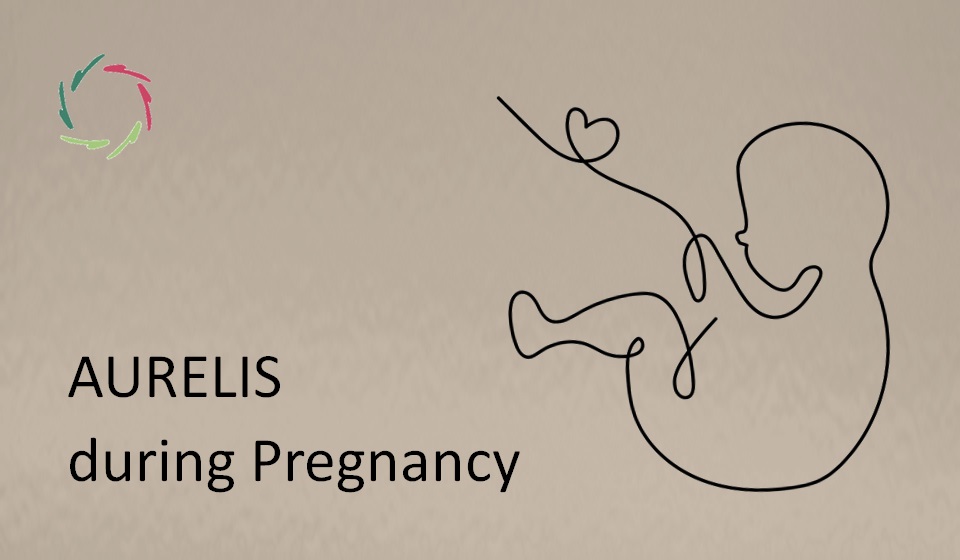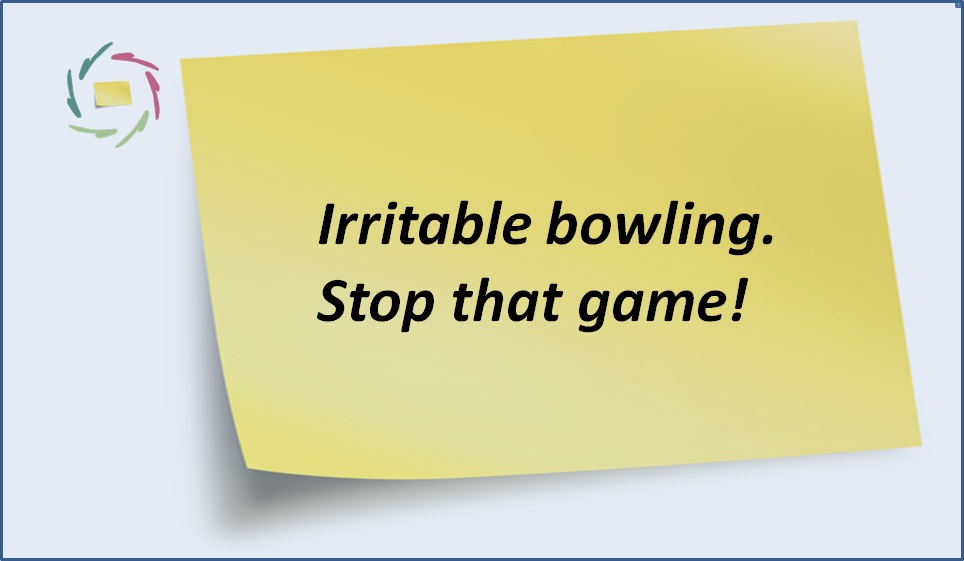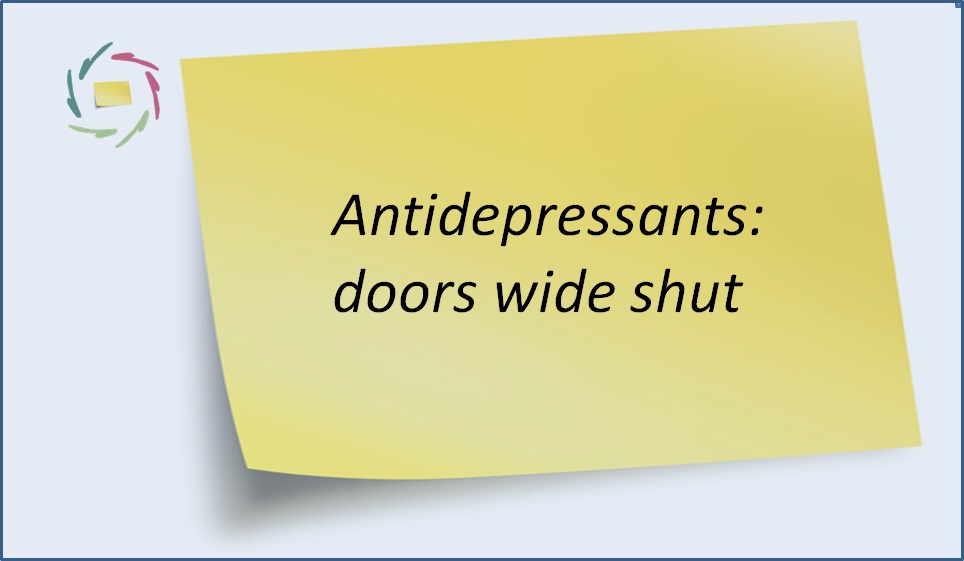Do Mental Diagnoses Make Sense?

This question needs to be viewed and answered pragmatically. There is as yet no other way.
What is a diagnosis?
This is related to disease, but not necessarily. A syndrome is a set of statistically or otherwise conventionally related symptoms. The concept of <syndrome> lies somewhere between <symptom> and <disease>.
Let’s put syndrome and disease together for now and call it ‘diagnostic entity.’
Anyway, in the mental sphere, no disease is fundamentally different from a syndrome.
This is the case over the whole range of diagnostic entities. Not one of them transcends the situation of symptoms being put together.
Therefore, a diagnosis is a label that one can put on a diagnostic entity, preferably in a one-to-one relationship. Notoriously, DSM-V is a list of all diagnoses that one can use to follow this standard.
Interesting?
Of course, any specific labeling is interesting inasmuch as it is interesting to talk about the diagnostic entity it labels. It’s a means of communication. Over the whole range, DSM-V is also a means of communication, for instance, to be used in scientific research. At least, several researchers can follow the same convention this way and compare research results.
Nothing more, nothing less.
A specific label may be interesting in case people need it to reach a sense of control or being respected. [see: “People in Need of Diagnosis“]
Otherwise, it may also be needed for what it is supposed to be in a direct way, namely:
The science of it,
mainly within the chain of causation related to the diagnostic entity: What causes it? What relevant action may it provoke towards relief or prevention?
These questions are related to the present and future. We may not know the answers yet, but we may look for them.
In the mental sphere, no diagnostic entity as presently used has known physical causation.
May we find such in the future? Nobody knows.
This also means that no therapeutic action can presently be based on physical causation. One can only work with (sets of) symptoms, either symbolically or symptomatically. [see: “Symptomatic Therapy?”]
In other words, no mental diagnosis can at present lead to an above-symptoms-level therapy.
So, does any mental diagnosis make sense?
At present, in a direct way, it does so only based on conventions and statistical correlations. This makes relevant the following list concerning diagnostic entities:
- Most have pretty fuzzy borders ― more like family resemblances than strictly conceptual ones.
- There are huge overlaps between them.
- With a closer look, they show much arbitrariness.
- They keep changing – some even disappear; others appear anew.
- They are pretty culture-bound, even more over a long stretch of time.
- They lead to very different and often contradictory therapies.
- No specific therapy demonstrably leads to positive results based on diagnostic accuracy. [see: “WHY Psychotherapies Don’t Work“]
This way, hard-core conceptual science doesn’t positively answer the sense-making question.
For a proper answer, we need better science.


